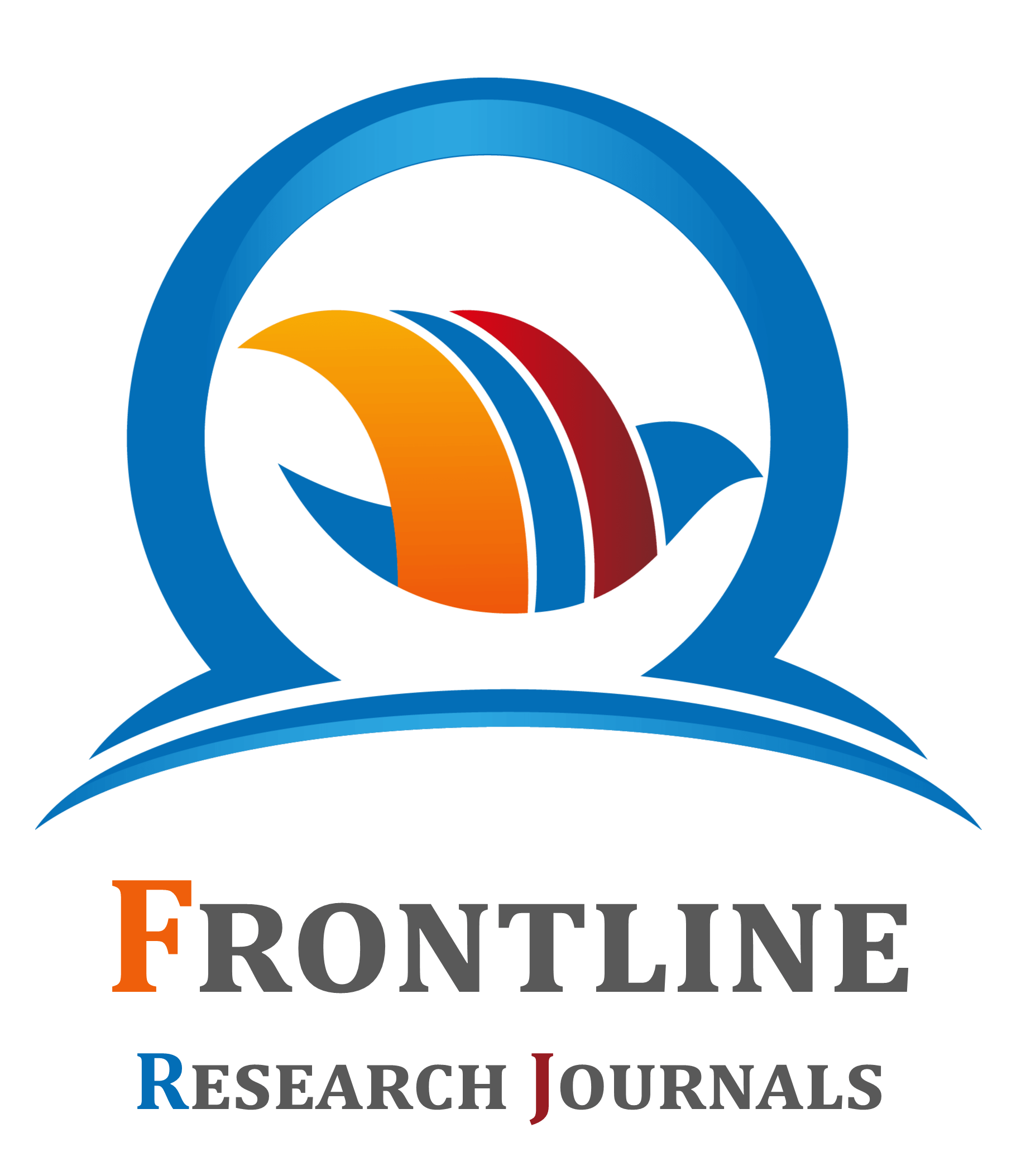Comprehensive framework for data fusion in distributed ledger technologies to enhance supply chain sustainability
1 Independent Researcher, Port Harcourt, Nigeria.
2 Independent Researcher, Lagos, Nigeria.
3 Sanctus Maris Concepts Ltd, Nigeria.
4 Independent Researcher, Abuja, Nigeria.
Review
International Journal of Frontline Research and Reviews, 2024, 03(01), 076–089.
Article DOI: 10.56355/ijfrr.2024.3.1.0031
Publication history:
Received on 07 September 2024; revised on 11 October 2024; accepted on 14 October 2024
Abstract:
This review proposes a comprehensive framework that integrates data fusion with Distributed Ledger Technologies (DLT) to enhance sustainability in supply chain management. In today’s global supply chains, ensuring transparency, efficiency, and environmental responsibility is critical, yet the lack of real-time visibility and data fragmentation presents significant challenges. The framework addresses these issues by merging data from multiple sources, including IoT devices, operational databases, and external environmental factors, using advanced data fusion algorithms. DLT, with its decentralized, immutable, and transparent nature, ensures the integrity and security of the data, allowing all stakeholders to access accurate and tamper-proof information. The fusion of data within a DLT infrastructure not only improves traceability and accountability but also enables the automation of sustainability checks via smart contracts. These contracts can trigger actions based on predefined sustainability metrics such as carbon emissions, energy consumption, and resource efficiency. Furthermore, predictive analytics and machine learning algorithms integrated into the system provide real-time monitoring and optimization of sustainability performance throughout the supply chain. The proposed review offers numerous benefits, including enhanced transparency, reduced operational costs, improved sustainability outcomes, and risk mitigation. It also addresses challenges such as scalability, data privacy, and regulatory compliance, offering solutions to overcome these hurdles. By exploring case studies of successful implementations, this review demonstrates the practical applications and future potential of combining DLT and data fusion for sustainable supply chain management, positioning it as a critical tool for organizations aiming to meet environmental and regulatory demands in an increasingly digital and eco-conscious world.
Keywords:
Data Fusion; Ledger Technologies; Supply Chain; Review
Full text article in PDF:
Copyright information:
Copyright © 2024 Author(s) retain the copyright of this article. This article is published under the terms of the Creative Commons Attribution Liscense 4.0
